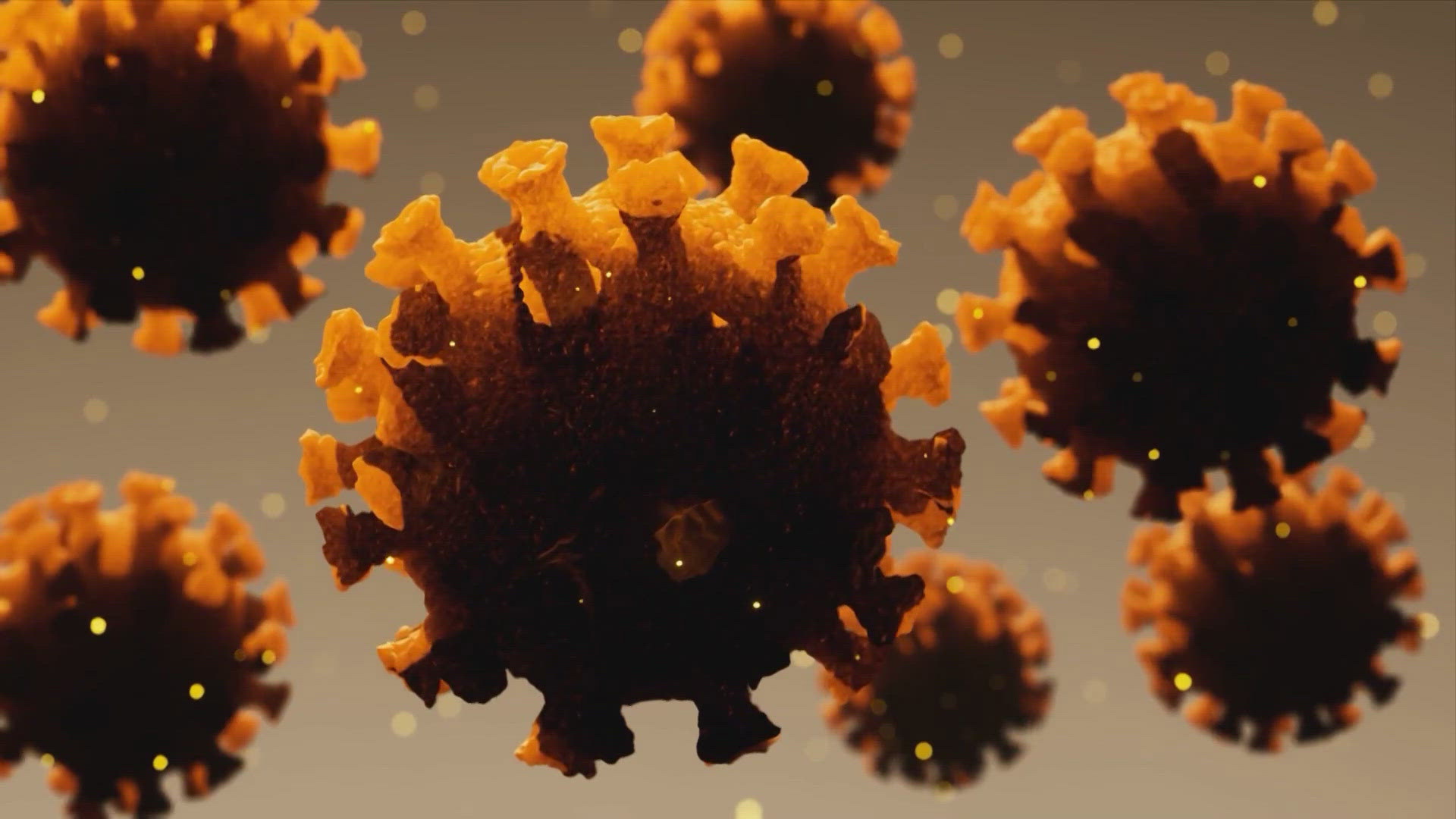SAN ANTONIO — We may be out of the coronavirus pandemic, but we are also in the middle of a summer surge of the disease. Medical experts say it is time for most of us to get another booster.
"There are a number of reasons we're seeing more COVID-19 activity again and more infections. The main reason is that this virus continues to spin off new mutations and new strains." Dr. Jason Bowling, infectious disease specialist with University Health said, "The response that our body gets after we've had infection or a vaccine, and that we're seeing that driving some of the infections."
Other reasons for the increased activity: more people are traveling for the summer. People are gathered indoors with less ventilation than outdoors. With many not having a booster for more than a year, natural immunity is likely low.
"People are a little more susceptible to infection. There is an updated COVID vaccine that's coming out. It's anticipated will be available late August, probably more likely September," Bowling said.
For the week ending July 13, University Health detected 226 positive COVID-19 tests and the week ending July 20 they detected 336 tests positive for COVID-19. That is a 48% jump in cases in just a week!
That's why Dr. Bowling says getting either the current, or eventual new vaccine is a must, especially for the immunocompromised.
"If you get that, you're going to need to wait about three months before you get the updated vaccine, which is going to be available in about a month, month and a half," Bowling said.
That new vaccine covers both of the new FLiRT variants that are driving infections.
Dr. Bowling told KENS 5, "These are the two mutations that are making it so contagious and infectious right now that are allowing these new strains to get around our immune response from prior infections or prior vaccinations."
Also make sure to check your at-home test expiration dates. Dr. Bowling said, "If you use an expired test, you have a higher chance you're going to have a false negative, meaning it says it's negative, but you may actually have COVID."

